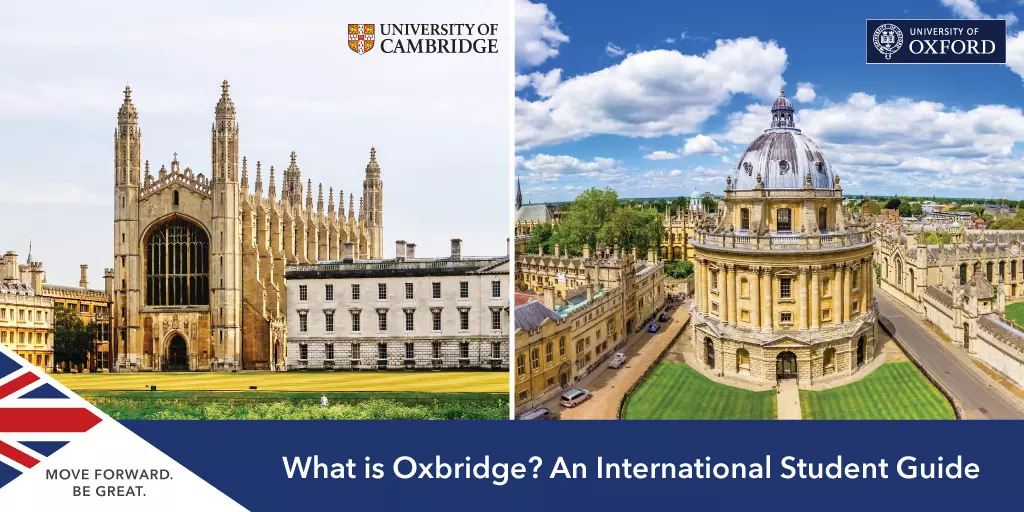The University of Oxford and the University of Cambridge are in many ways similar. They are both in England, in collegiate and medieval provenance. Their colleges have similar architecture, so much so that a film set in one university could involve scenes staged in another college. As the expression Oxbridge suggests, there are commonalities. Both have a one-to-one teaching system, although they are called tutorials in Oxford and supervisions in Cambridge. Both have a mixture of old heritage and avant-garde modernity architecturally, philosophically and in many other ways.
Learn more about the differences between Oxford and Cambridge below. If you want to apply to study at an Oxbridge university, arrange a free consultation with SI-UK today.
Oxford vs Cambridge | What is the difference?
Academic strengths
One difference is that they are good at different academic fields. Far more prime ministers have been to Oxford than Cambridge, which suggests that the former is better at training political leaders, even though there are myriads of potential objections to so sweeping a statement, such as quality mattering more than quantity and success in gaining political office not being the same as performance once in power.
It was said that Trinity College Cambridge – that is, just one college, not the university as a whole – had more Nobel prizes than all but a handful of countries, which shows the historical pre-eminence of Cambridge in the scientific disciplines. That is not to deny, however, that Oxford excels in STEM subjects, just as the multitude of Oxonians in 10 Downing Street does not detract from Cambridge’s brilliance in studying political topics. Many a Cantabrigian has won distinction in the cabinet, just as many Oxford scientists have contributed richly to academia.
Type of curriculum
Arguably, Oxford offers a more traditional curriculum sometimes. Someone who wanted to study the old canon of literature, well known to students of yesteryear, might tend to Oxford. In contrast, a more forward-thinking and radical thinker, craving vanguards, might head instead towards Fens. That is a colossal generalisation to which there must be any number of exceptions and objections, especially now that academia across most universities is undergoing such disruptive paradigmatic cultural shifts.
Life in the city
It has been said that Oxford looks to London, whereas Cambridge ignores it. The former university is cosmopolitan and decadent, and the latter is provincial and puritan. Again, this is a clumsy stereotype with grains of truth. Oxford is a little grimy, and Cambridge a little sleepy. Oxford was for the king in the English Civil War, who set up a court there; his vanquisher Oliver Cromwell had studied at Sidney Sussex, Cambridge. Oxford had Boris Johnson, wit and cavalier. Cambridge had Crick and Watson, who discovered DNA. Cambridge, only six metres above sea level, is colder and has stronger winds than Oxford, which may engender a toughness accounting for greater success in sporting contests.
College living length
As for practical differences, Oxford undergraduates may have to spend one of their years living outside the college in rented accommodation, but at Cambridge, they can live in college for three or four years.
Examinations
An Oxford degree result depends on exams taken right at the end of the course, whereas Cambridge students take annual exams that count towards their final score. Oxford applicants apply on UCAS and take subject-specific aptitude tests, whereas Cambridge students must also fill in the Cambridge Online Preliminary Application (COPA) and a Supplementary Application Questionnaire (SAQ). A-level and IB entry requirements are slightly higher at Cambridge: minimum A*AA as opposed to just AAA.
Study at Oxford or Cambridge
If you think you have what it takes to study at Oxbridge, speak to an SI-UK consultant today and we can help you submit a high quality application.






 My consultant was very helpful and motivating. She helped me every step of the way, even when the deadline was so close. I feel I could not have done it without her. I'd highly recommend this service to any and all of my many friends interested.
My consultant was very helpful and motivating. She helped me every step of the way, even when the deadline was so close. I feel I could not have done it without her. I'd highly recommend this service to any and all of my many friends interested. 









